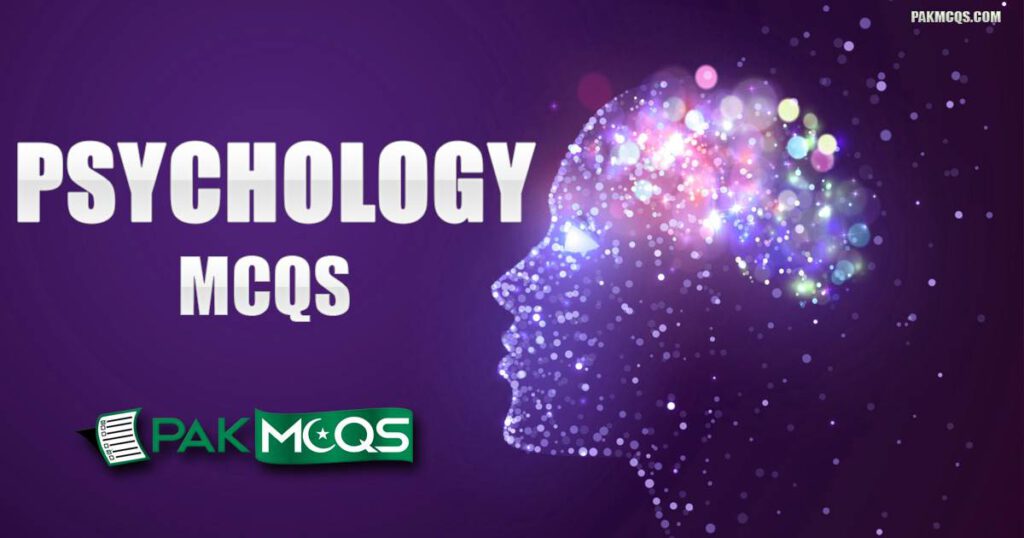A. Psychotic depression
B. Major depression
C. Dysthymia
D. Bipolar disorder
Psychology Mcqs
Psychology Mcqs for Preparation – These Multiple Choice Questions are important for Lecturer Psychology, Clinical psychologist, Counselling psychologist, Educational psychologist and Forensic psychologist Jobs tests. Psychology Mcqs questions are very important for all type of exams conducted by Fpsc, Nts, Kppsc, Ppsc, Spsc, Bpsc, Ots, Uts, Pts, Cts, Ats, etea and other testing agencies of Pakistan.
| PSYCHOLOGY MCQS | |||
|---|---|---|---|
| 1. Introduction to Psychology | 2. Emotions | ||
| 3. Therapy | 4. Memory | ||
| 5. Intelligence | 6. Infancy And Childhood | ||
| 7. Health Psychology | 8. Forensic Psychology | ||
| 9. Branches of Psychology | 10. Attitudes, Attributions And Social Cognition | ||
| 11. Adolescence And Adulthood | 12. Abnormal Psychology | ||
| 13. Social Psychology | 14. Sensation And Perception | ||
| 15. Research Methods | 16. Psychology Theories | ||
| 17. Psychological Disorders and their Treatment | 18. Personality | ||
| 19. Organizational Psychology | 20. Nervous System | ||
| 21. Motivation | 22. Methods and Approaches | ||
| 23. Methodology | 24. Major Thinkers in Psychology | ||
| 25. Learning | 26. Language And Thought | ||
| 27. Interpersonal Relations And Group Processes | 28. Industrial Psychology | ||
| 29. Educational Psychology | 30. Developmental Psychology | ||
| 31. Criminal Psychology | 32. Coordination | ||
| 33. Cognitive Psychology | 34. Biological Foundations of Behavior | ||
| 35. Miscellaneous Psychology | 36. | ||
A. a phobia is an irrational fear of an object or a situation
B. It is possible to fear something that poses no real threat to the individual
C. Phobias are a world – wide phenomenon
D. All phobias are untreatable
A. Somatic
B. Thought broadcasting
C. Persecutory
D. Sensory
A. Impaired social skills
B. Affective flattening (lack of expression or emotion)
C. Alogia (loss of speech)
D. Hallucinations
A. EMDR
B. virtual reality exposure therapy
C. meta – analysis
D. transference
A. transference
B. stress inoculation training
C. systematic desensitization
D. ECT
A. client – centered therapy
B. psychoanalysis
C. systematic desensitization
D. cognitive – behavior therapy.
A. are less likely to use psychoanalytic methods than psychologists
B. are physicians who specialize in the treatment of mental disorders
C. are more likely to use cognitive methods than psychologists
D. have essentially the same education as clinical psychologists
A. bulimia
B. anxiety disorders
C. schizophrenia
D. chronic depression
A. panic disorder
B. phobias
C. antisocial personality disorder
D. major depression


